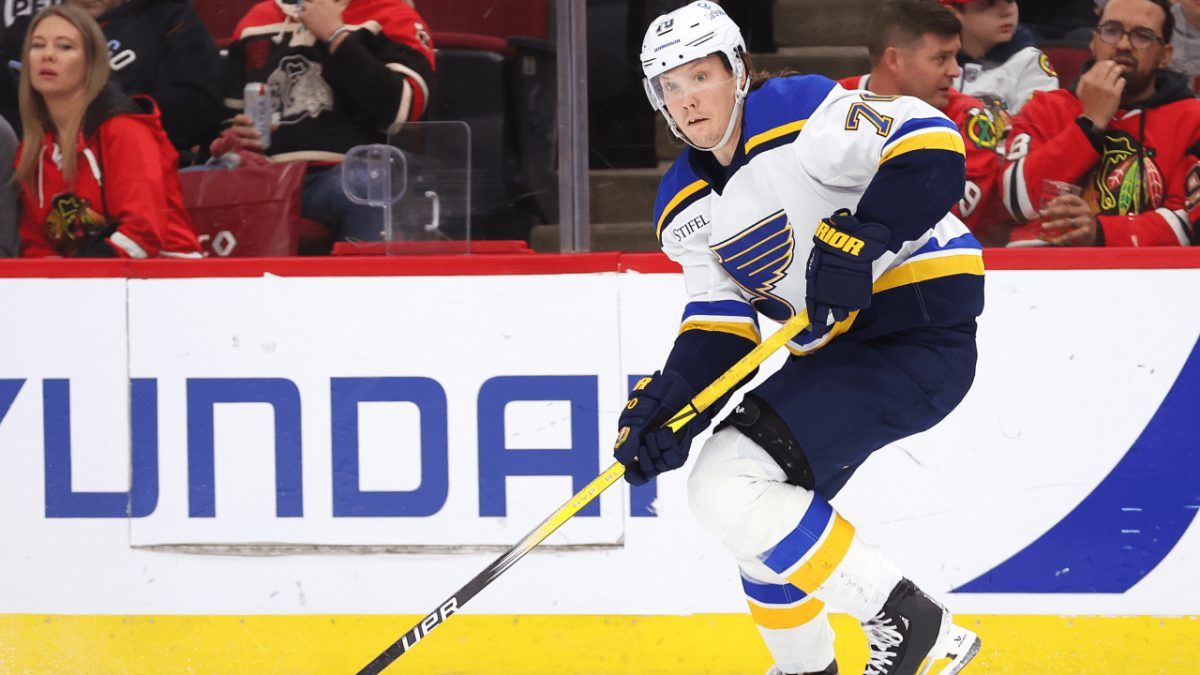Upon the premiere of the Feb. 9 episode of ESPN’s “Outside the Lines,” the country was shocked to learn that Michael Sam, defensive end for the University of Missouri’s football team, came out as gay.
“I just want to make sure I could tell my story the way I want to tell it,” said Sam on Chris Connelly’s show. “I just want to own my truth. No one else should tell my story but me.”
Sam is well on his way to becoming the first openly gay athlete to play in the NFL. His emergence from the proverbial closet in arguably one of the most masculine sports in America has presented a long-debated topic. Many are left wondering how sports are affected by gay athletes and how gay athletes are affected by the attitudes of others.
Junior Marquise Williams, who came out of the closet while he was on the soccer team his freshman year, believes that the attitudes of some of his teammates were altered because of his sexual orientation.
“Some of them had a negative attitude towards me because of my sexuality and being a freshman on top of that,” said Williams. “Sometimes I felt uncomfortable when we would do certain things. I would be uncomfortable when they took their shirts off. I would keep my shirt on.”
For Williams, one of the main problems with being a gay male on an all-male team was that some of his teammates suspected that because he was gay, he was interested in any male on the team.
“They always think that you’re looking at them or that you want them but you don’t,” he said.
Williams’ former teammate, Isaac Clark, junior, doesn’t think that Williams’ sexuality should matter in their sport.
“I didn’t care at all.” Clark said. “I would have been uncomfortable if he would have made any advances, but he didn’t. I can think of a couple people who were uncomfortable around Marquise. It was mostly casual homophobia.”
Michael Sam openly speaks about his teammates reactions to his sexuality, which he revealed to them just before the 2013 season began.
“Some people actually just couldn’t believe I was actually gay,” he told the New York Times. “But I never had a problem with my teammates. Some of my coaches were worried, but there was never an issue.”
Another case of an athlete revealing himself and gaining largely positive feedback from the public is Robbie Rogers, a professional soccer player for Los Angeles Galaxy. In a Feb. 2013 post on his website, Rogers announced his sexuality as well as his intention to retire from the game at just 25 years old. His reluctance to continue playing was foreseeable due to the history of openly gay athletes in soccer.
One of the first professional soccer players to come out as gay during his career, Justin Fashanu, a striker for various English and American teams, committed suicide in 1998. In total, only nine professional male soccer players have come out as gay, either during or after their sports careers.
The negative feedback that Rogers anticipated never came. Because he received so much support, he returned to soccer three months after his retirement and continues to play for Los Angeles Galaxy, a top-of- the-league team that supports him for who he is.
“I feel like people are going to say what they want and what I say won’t affect their opinions,” said Williams. “I’m not trying to impress anyone else. I live for myself, I don’t live for the rest of the world.”

























